Description
CHRISTIAN ASCETICISM -REVISITED
There is probably no area in spirituality more difficult to discuss than asceticism. The specialty of Christian asceticism is that it includes anthropology, by which it avoids all one-sidedness, suspicion and curtailment. It sees man as a unity of body and spirit in all his aspects, for the grace of God speaks to the whole Man in all his aspects.
There are two types asceticism; positive and negative. Seeking the advancement of the positive power is more important than fighting against evil power. The negative emotions like guilt, self-tormenting, etc. should not over take the positive emotions like love, affection, happiness, joy etc.
The integration of the person is a major field for the exercise of asceticism, which includes soul, mind, body, the intellectual, the affective etc. but the traditional asceticism neglected this aspect.
Ultimately we can say Christian asceticism must be a sharing in the asceticism of Christ.
ABOUT THE AUTHOR
Dr. Felix Podimattam is one of the best-known moral theologians in India and outside. Besides his full time job as a professor, he finds time to write books at an amazing rate. He has authored 65 books. Besides his Master’s degree in Political Science from the University of Mysore, he holds a Licentiate in Theology from the Pontifical Gregorian University, Rome, and subsequently a Doctorate in Moral Theology from the Alphosian Academy, Rome, His post-doctoral studies were pursued in Washington, DC, U.S.A. At Present he is professor of moral theology at St. Francis Theological College, Kottayam, Kerala.
CONTENTS – CHRISTIAN ASCETICISM REVISITED
INTRODUCTION
CHAPTER ONE.RELEVANCE
OF CHRISTIAN ASCETICISM TO DAY
CHAPTER TWO. WHAT
CHRISTIAN ASCETICISM IS NOT
1. True Asceticism Does
not Consist in Hatred of the Body
2. True Asceticism Does
not Consist in Total Selflessnes
3. True Asceticism Does not
Consist in Mere External Practices
4. True Asceticism Does not
Consist in Extreme Ascetical Practices
5. True Asceticism Does not
Consist in Total Denia
6. True Asceticism Does not
Consist in the Renunciation of All Pleasure
6.1. Some Thoughts on Pleasure
and the Ascetical Life
6.2. Nature of Pleasure
6.3. Value of pleasure
Other Benefits of Pleasure
6.4 Value of Sexual Pleasure
Sexual Pleasure is Highly Valuable
Value of Passions
Pleasure and Original Sin
6.5. Moral Aspects of Pleasure
Two Different Types of Enjoyment
Morality and Pleasure
Morality of Pleasure
Pleasure of Friendship and Asceticism
Chastity and Pleasure
6.6. Virtue of Sensibility
6.7. Asceticism in the Life of Jesus
6.8. A Proper Understanding
of the Theology of the Cross
6.9. We are too Busy to Enjoy Life
CHAPTER THREE. WHAT CHRISTIAN ASCETICISM IS
1. Survey of Insights from Theological Sources
1.1. Insights from the Bible
1.2. Insights from the History of the Church
1.3. Insights from the Fathers
1.4. Insights from Theologians
1.5. Insights from St. Francis of Assisi
1.6. Insights from Hinduism and Islam Insights from Hinduism Insights from Islam
2. Explanation of Christian Asceticism
2.1. Asceticism as Living Our Vocation
2.2. Asceticism as Combating Selfishness 2.3 Asceticism as Humility
2.4. Asceticism as Dying and Rising with Christ
CHAPTER FOUR. PASTORAL CONSIDERATIONS
1. Seeking “Extra” Penances
2. Right Way to Fast and to Abstain
2.1. Fasting and Abstinence in the Bible
2.2. Fasting and Abstinence
in the Opinion of the Fathers
2.3. Fasting and Abstinence in Theology
2.4. Fasting and Abstinence in Present-day Practice of the Church
2.5. Relativity of Fasting and Abstinence
2.6. Dangers of Fasting and Abstinence
2.7. Some Modern Forms of Fasting and Abstinence
3.A Discipline of Self-Respect
4. New Morality Demands New Asceticism
CONCLUSION NOTES
BIBLIOGRAPHY
INDEX
END NOTES
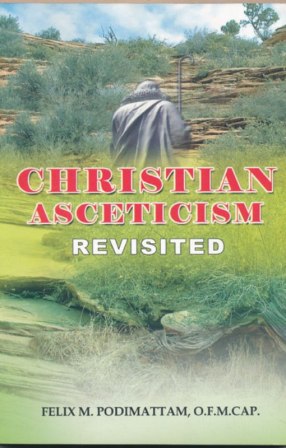
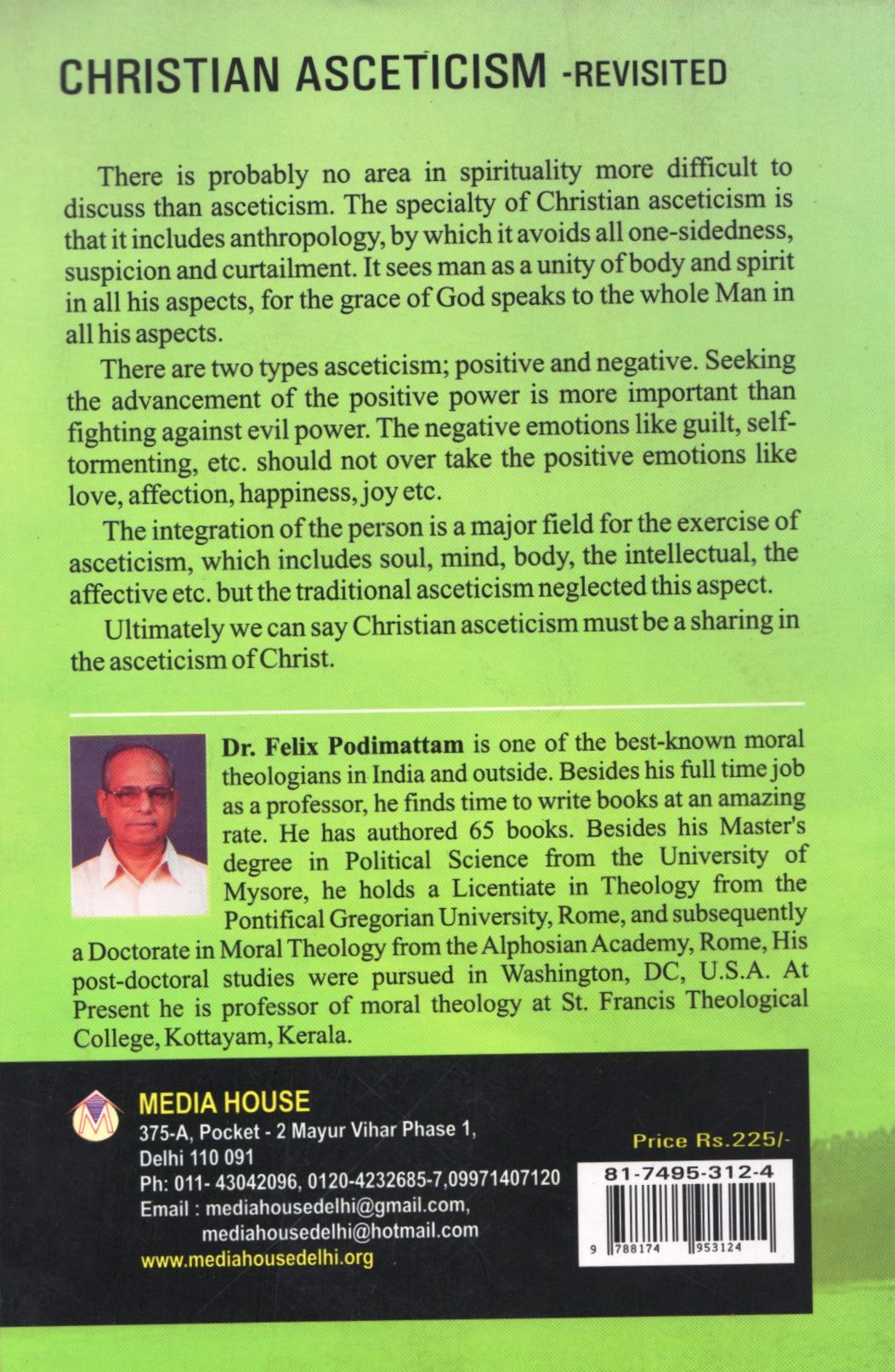
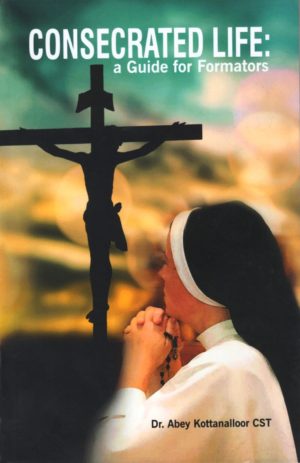
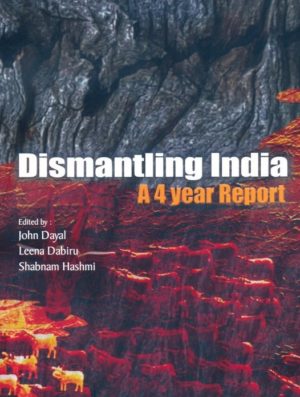
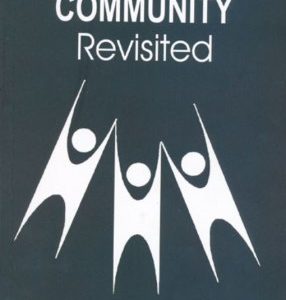
Reviews
There are no reviews yet.